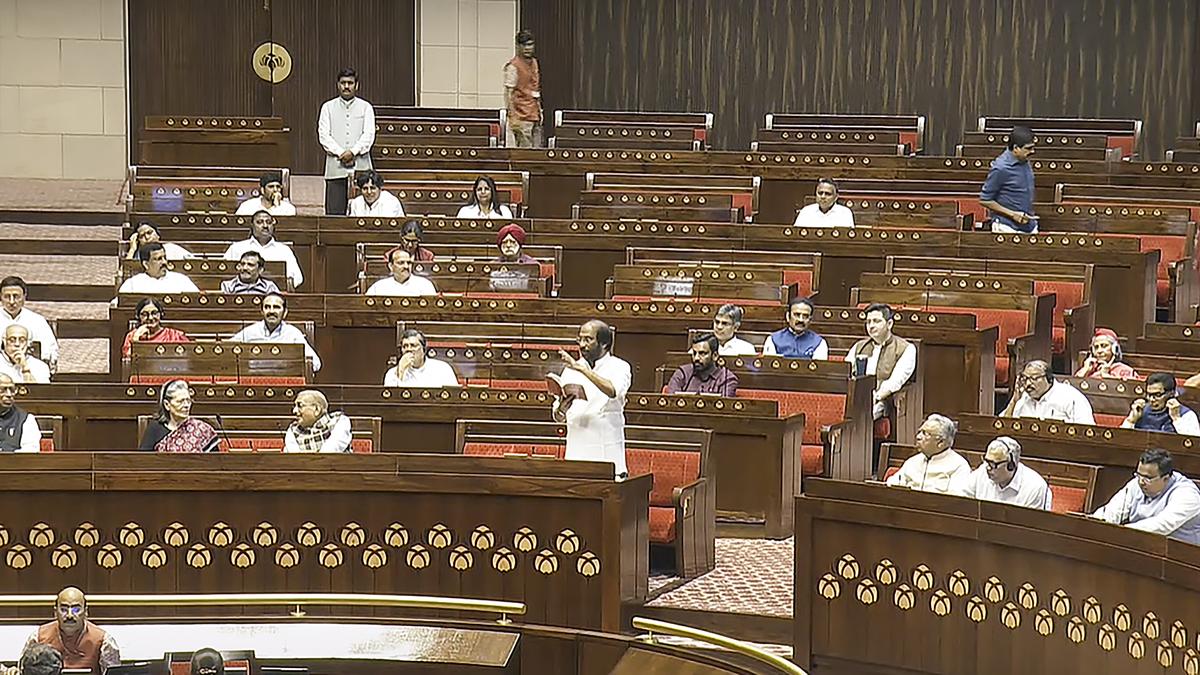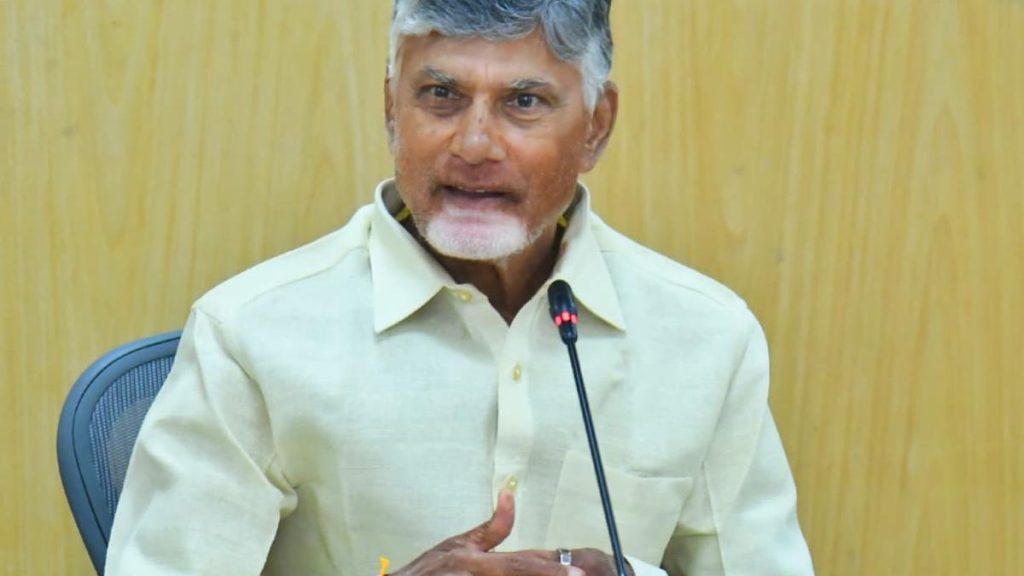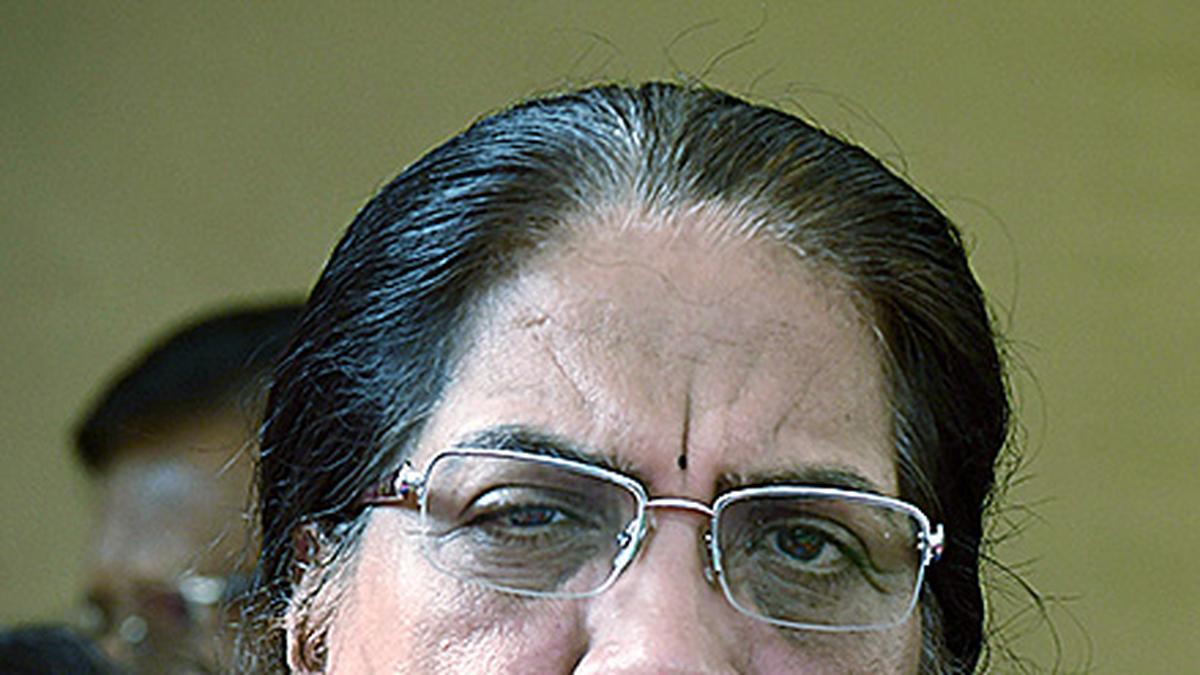Now Reading: Parliament Approves National Sports Bill Following Intense Deliberation
-
01
Parliament Approves National Sports Bill Following Intense Deliberation
Parliament Approves National Sports Bill Following Intense Deliberation

Speedy Summary
- National Sports Governance Bill (NSGB): Passed by Parliament, regulates sports governance with a National Sports Board (NSB) and establishes a National Sports Tribunal for dispute resolution.
- National Anti-Doping Amendment Bill: Aligns India’s anti-doping regulations with World Anti-Doping Agency (WADA) requirements by reinforcing the autonomy of the National Anti-Doping Agency (NADA); awaits presidential assent.
- Concerns & Debate: Opposition raised concerns about centralisation in sports governance and lack of clarity on grassroots development; staged walkout over unrelated electoral roll issue in Bihar.
- Government’s position: Mansukh Mandaviya stated that the bill ensures transparency without governmental interference, aiming to facilitate rather than control sports bodies.
- Supporters’ Views:
– Praful Patel: Critical reform needed for achieving India’s Olympic goals beyond cricket.
– P.T. Usha: Promotes transparency,accountability,gender parity; empowers athletes and sponsors’ confidence.
– Mandaviya described it as “biggest reform in sports sence independence.”
- Key Features of NSGB:
– NSB can de-recognise non-compliant bodies after consulting global federations regarding election irregularities or fund misuse concerns.
– Mandatory reporting under Right to Facts Act but excludes BCCI unless reliant on government funds/support.
– Revised administrator age cap allows exceptions between ages 70-75 if aligned with international statutes.
– Reduction in eligibility tenure requirement for NSF elections from two terms to one term.
- Anti-Doping Bill Changes: Removes government oversight over NADA following objections by WADA; emphasizes operational independence.
Indian opinion Analysis
The passage of the NSGB marks a meaningful shift toward formalized governance structures within Indian sports.by including provisions such as stringent accountability mechanisms enforced by an autonomous board and tribunal powers equivalent to civil courts, this legislation could possibly streamline disputes while ensuring fair operation across national-level federations.
The concessions made-such as aligning RTI applicability solely based on government funding dependence-strike a balance between enforcing accountability without undermining certain private bodies like BCCI entirely. However,concerns raised regarding centralization point towards potential challenges in implementation at grassroots levels.
On anti-doping efforts, amendments conforming to WADA standards reflect India’s commitment to aligning its regulatory framework with global norms-an essential step for maintaining credibility internationally while preserving NADA’s independence.
As India aims high with ambitions like hosting future Olympics or boosting performance across all disciplines beyond cricket dominance, these legislations could provide foundational support. Though,their real-world impact will depend heavily on efficient execution and collaborative integration across decentralized sports networks nationwide.

























